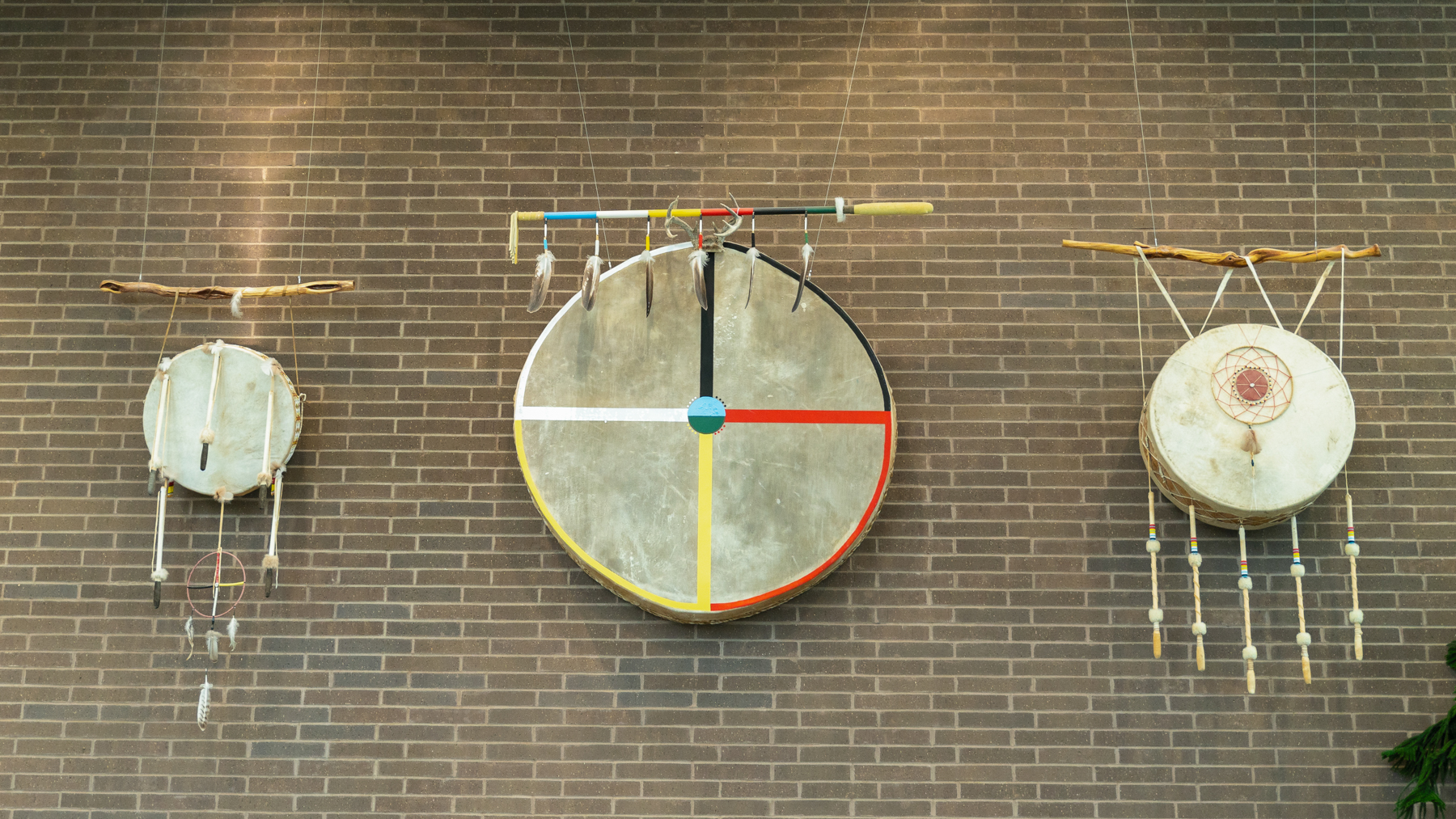As Canada continues its journey towards truth and reconciliation with Indigenous communities, multiple institutions across the country are stepping up to answer the call. Such a step was taken by Thompson Rivers University (TRU) through the Coyote Project, which aims to continue to foster cultural understanding and Indigenous education.
The Coyote project was launched at TRU in 2017 by Airini, the former dean of education and social work at TRU. She launched the project in response to the Truth and Reconciliation Commission (TRC) 94 Calls to Action and the Declaration on the Rights of Indigenous Peoples (UNDRIP).
As a part of these efforts, TRU is engaging its nine faculty departments, the TRU Library and Open Learning to prioritize inclusivity for all, especially the Indigenous community on campus.
Tina Matthew, executive director at TRU’s Office of Indigenous Education, said what excites her most is how so many on campus are committed to decolonization and Indigenization “in so many ways.”
The project has driven the development of various courses, programs and initiatives at TRU. Ted Gottfriedson, Secwépemc cultural advisor, said the project’s framework focuses on creating a more inclusive environment that respects and honours Indigenous traditions.
“The Coyote Project was also formed to assist faculties with Indigenization and how it works is that they get a certain amount of funding per year that can be used to Indigenize their programming,” Gottfriedson said.
Several departments at TRU have advanced Indigenization through various initiatives as part of the Coyote Project.
The Bob Gaglardi School of Business and Economics developed a First Nation Applied Economic Certificate in collaboration with the Tulo Centre of Indigenous Economics and the First Nations Tax Commission.
The TRU Library has been proactively expanding Indigenous resources such as grammar books, word lists and children’s books in the Secwepemctsín language in collaboration with the Office of Indigenous Education.
As part of the Coyote Project, the faculty of science has focused on increasing Indigenous student participation in science programs. They have hosted day trips to under-served communities and a five-day summer camp for Indigenous students, blending traditional knowledge with subjects like genetics, wildlife management and respiratory therapy.
These are just a few of the initiatives across different departments at TRU to support Indigenization.
TRU Students can explore the diverse Indigenous programs offered at TRU including, but not limited to, Indigenous nursing, Indigenous trades, First Nation Applied Economics Certificate and an Indigenous studies certificate.
“Everyone on campus benefits from the Coyote Project because senior administrators, faculty and students will all be learning about what they can do in their respective areas regarding Indigenization and decolonization,” Matthew said.
By collaborating with the Indigenous community and participating in Indigenous events such as Orange Shirt Day at TRU, the TRU community is gaining valuable insights that are contributing to an educational experience that is more holistic.
Looking ahead, the Coyote Project aims to achieve key success indicators.
“l am looking forward to the Coyote Project 10-year anniversary in 2027 to see how far we have come, the changes in Indigenous student participation and persistence rates, as well as the increase in partnerships and collaborations with Indigenous communities,” Matthew said.

